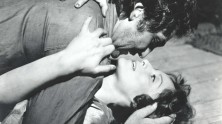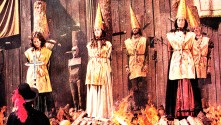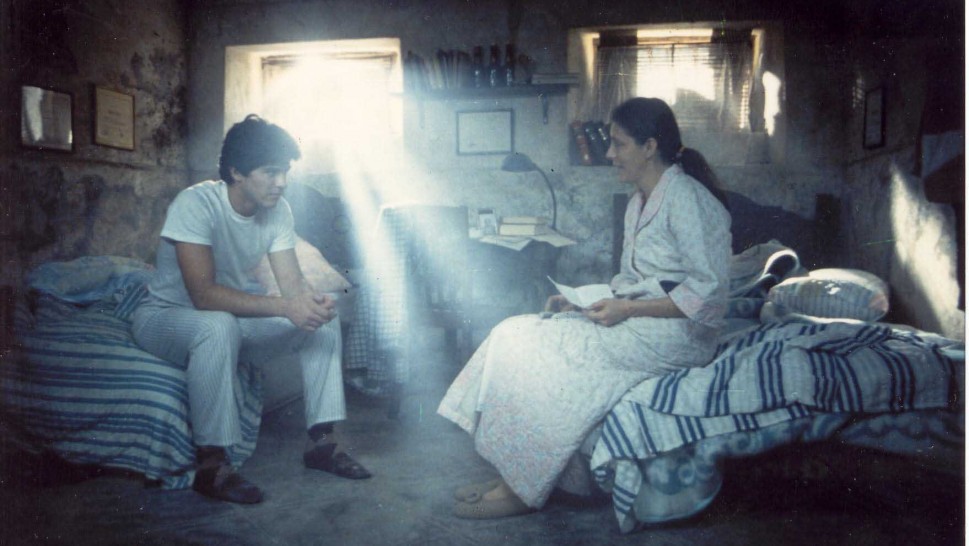
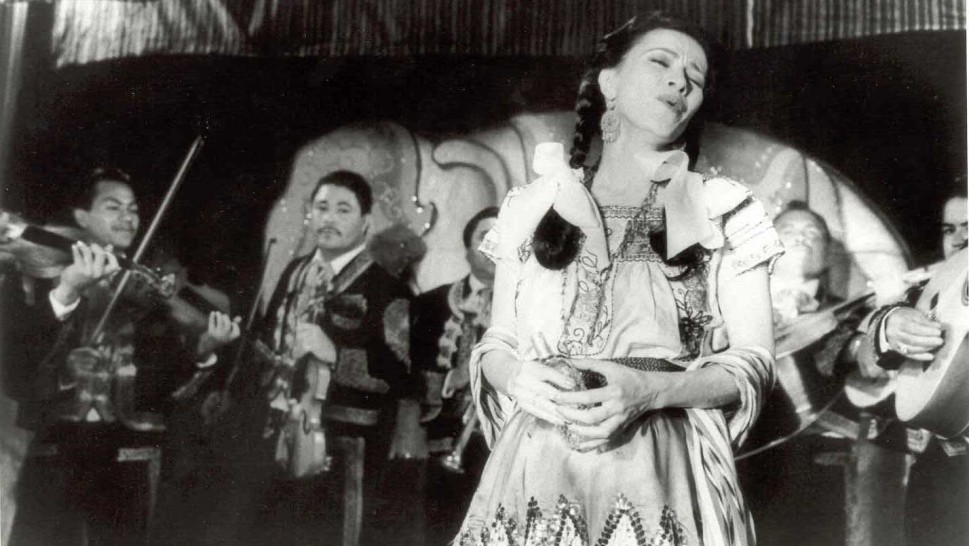
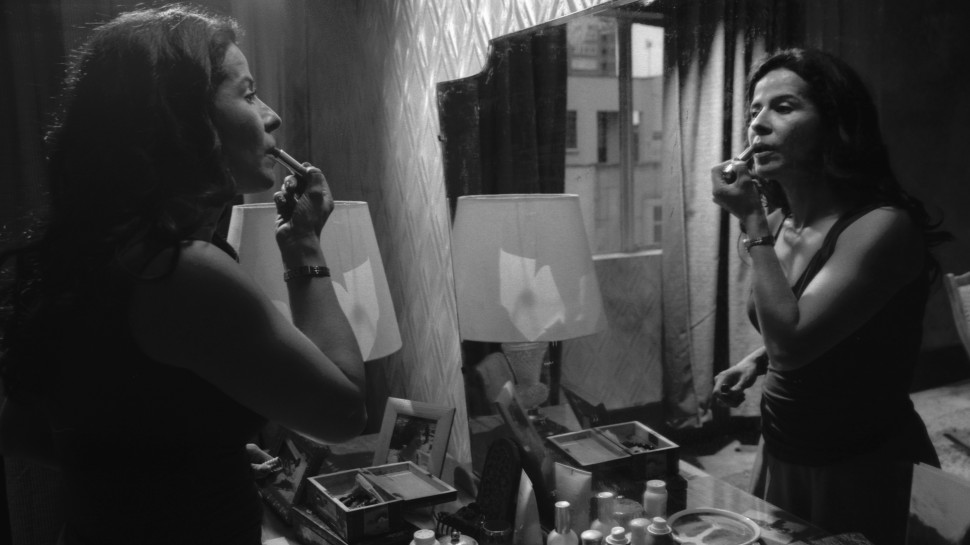
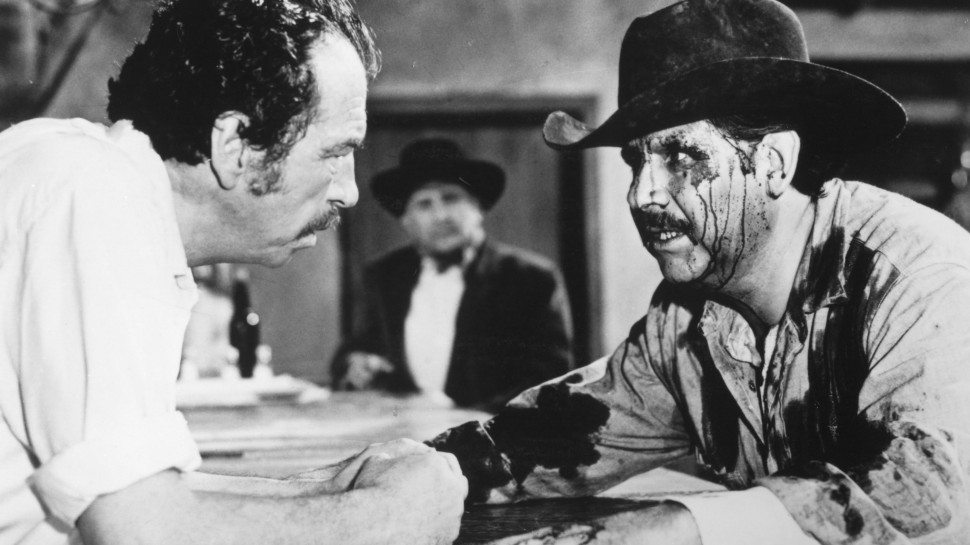
Revelations of a Fallen World – The Cinema of Arturo Ripstein
Over the course of his prodigious and still active career Arturo Ripstein (b. 1943) has remained the most vital, persistent and original filmmaker working within the Mexican cinema. A maverick contrarian, Ripstein has paradoxically flourished within the same commercial industry whose complacent traditions he has so steadily defied. Fearless and subversive, Ripstein's films artfully transform popular genres – the Western, the "family film" and, above all, melodrama – into devastating attacks against the inveterate prejudice and myopia deeply-rooted in Mexican culture and history. Yet, while major films such as The Castle of Purity, The Place Without Limits and Deep Crimson deliver swift hammer blows against obdurate patriarchy, intolerance, provincialism and, above all, machismo, their lasting power and artistry lies far beyond the daring themes. For within the stark, mesmerizing imagery that haunts Ripstein's films is crystallized a strange fusion of beauty and brutality, compassion and violence, central to a profound melancholia and sense of slow, inexorable decline which underlies his entire oeuvre. Far from nihilistic, the unyielding pessimism often credited to Ripstein's cinema is instead a brand of bracing humanism fascinated by the secret nightmares and dark fantasies of the indelible anti-heroes whose weakness, hubris and folly Ripstein steadfastly refuses to sentimentalize. In 1975 The Realm of Fortune launched Ripstein's long and remarkable collaboration with the talented screenwriter Paz Alicia Garcíadiego whose subtle ear for the music of vernacular language and consummate skills at literary adaptation brought a new dimension into Ripstein's cinema, a novelistic complexity of voice and character that resulted in such celebrated works as The Beginning and the End as well as lesser known classics like The Ruination of Men.
The son of one of Mexico's most prominent film producers, Ripstein was quite literally born and bred into the cinema, observing film productions and apprenticing from a very young age. Especially important to Ripstein's formation was his long friendship with Luis Buñuel who became an intellectual and spiritual mentor to the aspiring filmmaker – although Ripstein never, despite the stubborn myth, worked as Buñuel's assistant on any film. From his very first youthful films, Ripstein boldly embraced a certain Buñuelian iconoclasm and irreverent black humor that which would remain important signatures of his films. Tied not only to Buñuel but also to the Golden Age of Mexican cinema whose crepuscular days he witnessed firsthand and whose stars – such as Claudio Brook and Katy Jurado – he often cast, Ripstein stands as a crucial link between Mexico's studio-era and the new generation of auteur directors such as Carlos Reygadas, Guilermo del Toro and Nicolás Pereda who each, in their own ways, acknowledge Ripstein's profound legacy.
The Harvard Film Archive is humbled by the visit of Arturo Ripstein and Paz Alicia Garcíadiego and the rare opportunity to discuss their extraordinary films and careers. — Haden Guest

